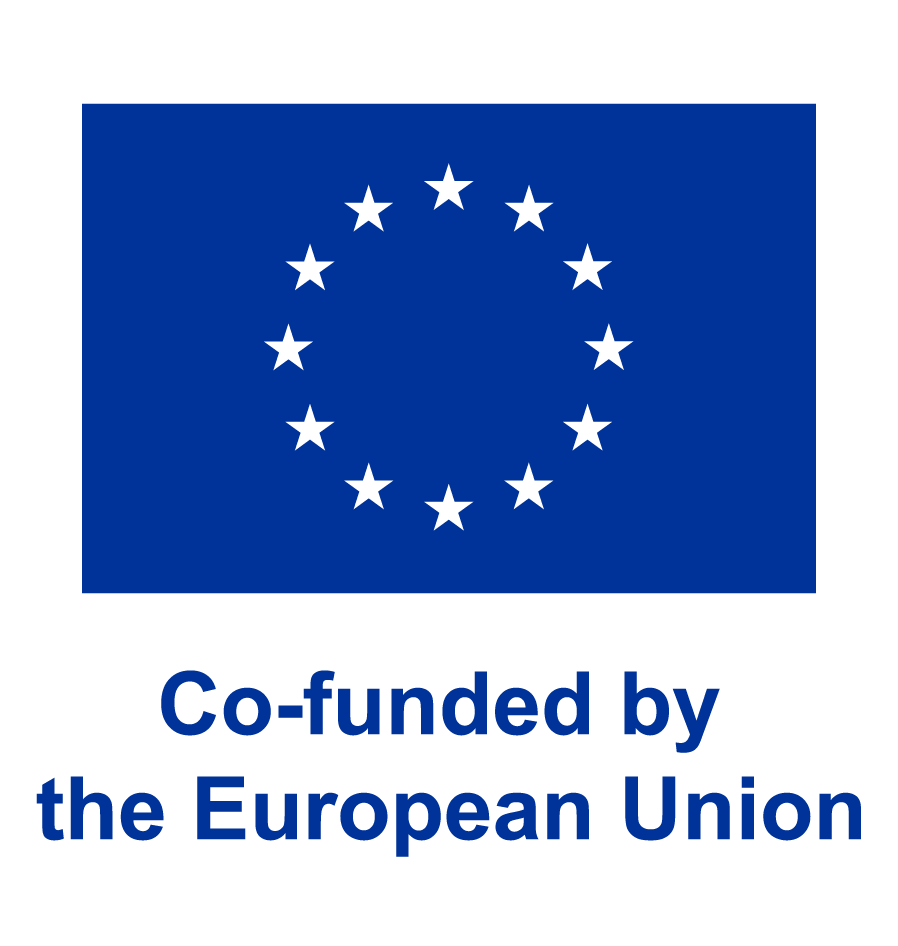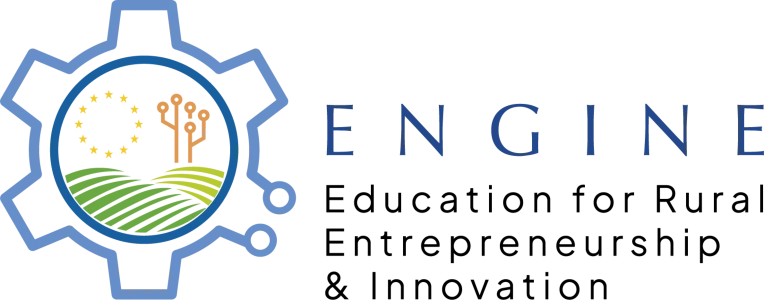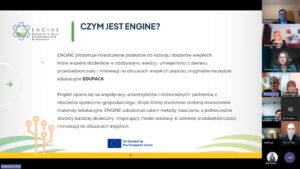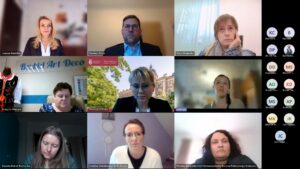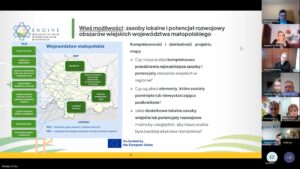On February 28, 2025, a rural consultation meeting was held in the Małopolska region as part of the ENGINE project, which promotes a modern, education-driven approach to rural development. This was the first meeting of its kind with rural stakeholders in the region. Organized online by the project team at the Krakow University of Economics, the meeting allowed for broad and convenient participation of rural stakeholders from across Małopolska. A total of 20 participants joined the event, representing a diverse range of backgrounds, including farmers, entrepreneurs, local authority representatives, public institutions, Local Action Groups, NGOs, advisory services, and academia.
The meeting served as a platform to present the ENGINE project’s objectives and current progress, as well as to actively engage rural stakeholders interested in contributing to its efforts. Through open and constructive dialogue, participants examined local resources and the development potentials of rural areas in Małopolska. They also discussed examples of entrepreneurial and innovative initiatives that could leverage these potentials, along with the essential knowledge, skills, and competencies required for their implementation.
The discussions confirmed the relevance of the key development potentials in rural areas of Małopolska, as identified by the KUE team through regional analysis. These included tourism and recreation, education, skills and sport, agribusiness, and the preservation of cultural, historical, architectural, and natural heritage. In the context of entrepreneurship and innovation in rural Małopolska, participants emphasized the role of human and social capital, small farms and local food producers, short supply chains, and the value of local certification and branding. They also highlighted the increasing importance of health and care services, alongside the untapped potential of the silver economy in rural areas. The meeting showcased inspiring examples of local entrepreneurial and innovative initiatives that demonstrate how rural development can be driven by both tradition and innovation.
In addition to identifying key development opportunities, the meeting explored the knowledge, skills, and competencies necessary for effective rural entrepreneurship and innovation. Participants emphasized the importance of strong management skills, a solid understanding of funding mechanisms, and proficiency in marketing and sales of local products and services. They also underscored the value of soft skills, related to building social capital, fostering local partnerships, and managing conflicts, which are essential for sustaining community engagement and entrepreneurial growth. Furthermore, attendees suggested that tailored capacity-building initiatives could significantly enhance the region’s ability to capitalize on its rural development opportunities.
Participants appreciated the meeting’s open and inclusive format, the opportunity to share diverse perspectives, and the cross-sectoral collaboration. The meeting yielded
valuable insights and recommendations that directly align with ENGINE’s educational goals.
We sincerely thank all participants for their active engagement and look forward to continuing our collaboration within the ENGINE project!
